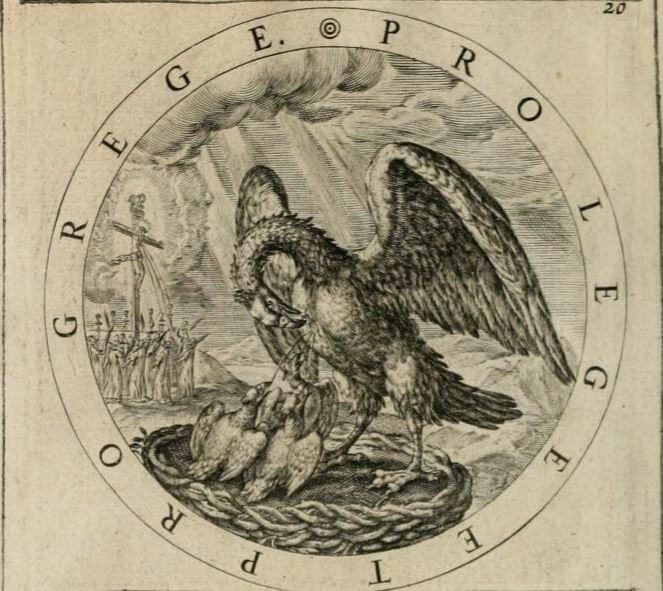The Genealogies of Modernity Journal
Inevitable Time in Romeo and Juliet
Time collapses on itself as Romeo’s lingering warmth betrays the truth of his death. He lived only moments ago. And now, Juliet is only moments away from ending her own time in this world.
Krystal Marsh on the warmth of lips
Unto Death: Eros West of Eden
When human happiness is placed in the eyes of another mortal, “the canker death” comes quickly on. It comes all the more quickly for its being the only end we will admit ourselves.
Daniel Fitzpatrick on Romeo and Juliet after the fall
Demons of the Green World: From Caliban to Anthony Blanche
In remaining unknown, in speaking from the eccentric radicality of their own linguistic-ontological complexes, Caliban and Anthony become the voices of aesthetic criticism within their worlds.
Daniel Fitzpatrick on critique from margins
Shakespeare on the Theological Origins of Modernity
All of these restorations in “Richard III” are contingent upon the reinstatement of sincere eucharistic participation—Holy Communion . . . where rituals are revivified, and where communion—real Communion—can materialize.
Daniel Zimmerman finds a counter-modern theology in William Shakespeare
Misdiagnosing Shakespearean Modernism
These Shakespeareans wish to see the playwright as a progenitor of their own project of exposure, disenchantment, and social critique. Their readings contort the histories to make them accord with modern sensibilities.
Daniel Zimmerman on making a modern out of Shakespeare
Eating Elizabethan
Food can have a transportive quality that can transcend where or when you are and take you somewhere and sometime else. However, food’s histories and transcendent qualities are never only personal.
Krystal Marsh eats her way across history
‘Feeling’ Genealogy: A Personal Essay
My father’s obituary was simple. It read, ‘Charles D. Marsh/Garretson, 53, a lifelong resident of Jersey City passed away on May 3rd, 2020, at Hoboken University Hospital.’
Krystal Marsh on genealogies, Shakespeare, and memory.
The Case for Theatricality
Early modern communities faced an identity crisis in which their very beings seemed constantly at-risk and in-flux. Antitheatricalists believed theater made these problems worse by turning them into a spectacle.
Krystal Marsh compares 17th Century Theater to 21st Century Comedy Central.
Art and Religion in the Time of Plague
Tracing art’s genealogy, we find that she is not the sister of religion, an equal rival, but a daughter.
Kathryn Mogk reads Station Eleven during the coronavirus.












